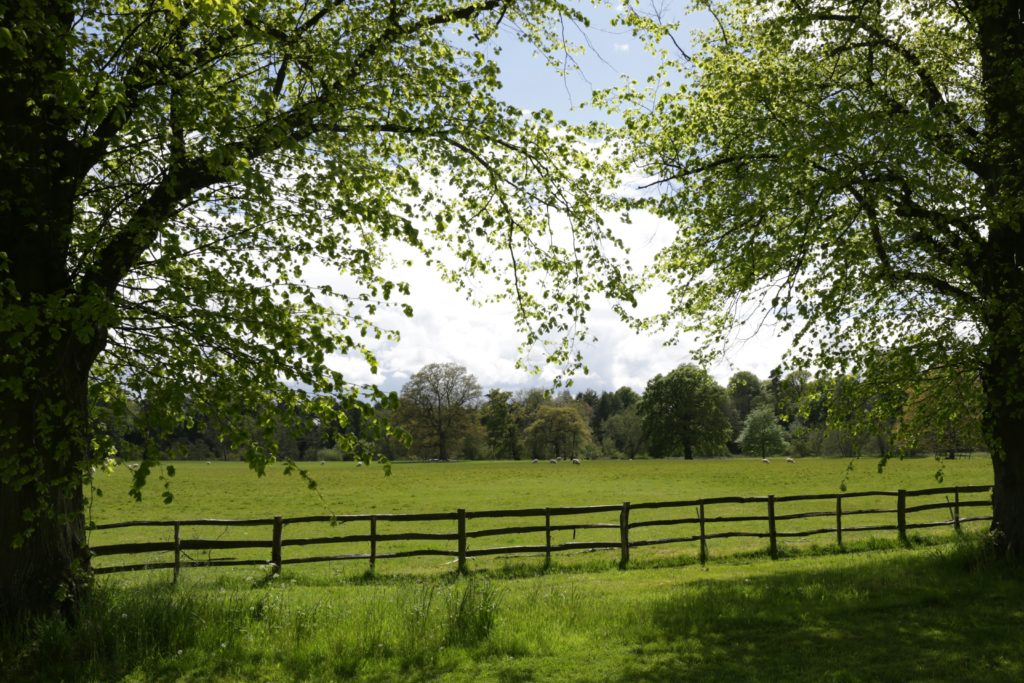Biodiversity rules pushing small housebuilders over the edge
Just three weeks into new rules on improving biodiversity uplifts on new housing schemes SME developers are facing a barrage of difficulties and extra costs.
These include councils’ inflexibility to consider more than one biodiversity option in section 106 agreements and pushing up costs to the extent that offering affordable housing is no longer viable.
National Federation of Builders, NFB, policy and market insight head Rico Wojtulewicz said: “At the moment we are seeing ridiculous costs. Smaller builders are literally being removed from the system. It’s devastating.”
The trade body is meeting environment secretary Steve representatives this week to argue for the definition of a small development to be raised from ten to 50 units.
Mr Wojtulewicz said that Natural England, the government agency overseeing biodiversity net gain, BNG, had already hinted they didn’t have a problem with the limit being raised to 50. Small developments benefit from using an automated calculator to assess proposals on improving habitats.
NFB will also be pressing for onsite solutions such as installing bird and bat boxes, bee bricks, raised fences creating wildlife corridors and streetlights with spectrums that are kind to insects and bats.
Defra’s biodiversity net gain rules for new housing developments came into force on the 12th of February. Housing schemes with more than ten homes must offer a biodiversity uplift of ten per cent by creating wildlife habitats on existing land or by leasing off-site land to enhance or through buying credits.
SME housebuilders are already experiencing delays
Developers are expected to employ an ecologist to draft their net gain proposals and must get approval from the local authority for their biodiversity plan before they can start building. SME housebuilders claim this adds tens of thousands of pounds to the cost per unit as well as delaying planning consent by several years.
Southwest housebuilders Pearce Homes’ managing director Paul Knox told industry magazine Housebuild: “The policy is already causing profound difficulty and delay in housing supply on top of planning performance issues. A more flexible and workable policy is needed to get SMEs building.”
Brokers Hank Zarihs Associates said development finance lenders were concerned the extra bureaucracy of biodiversity net gain would make it increasingly difficult for SMEs to survive.
The NFB added that many members were re-submitting applications to meet legal requirements with confusion over BNG priorities and uncompetitive credit costs.
SME builders claim they have seen the cost of poor-quality land ramped up with BNG land lease and sales agreements outstripping productive agricultural values.

